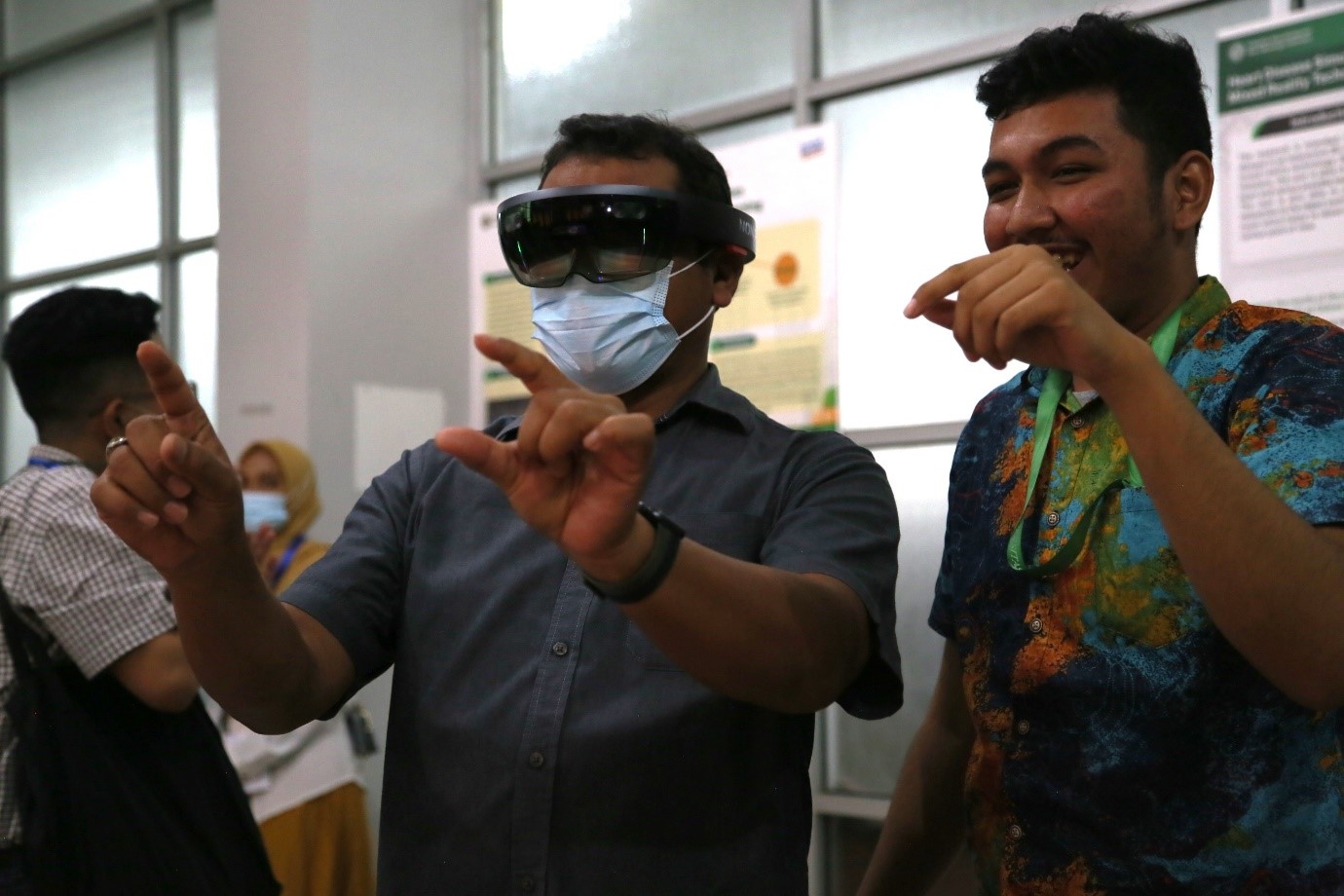Computer Science
Undergraduate ProgramAs an accredited and distinguished study program established since 2011, the Bachelor's Program in Computer Science has produced high-achieving students and nurtured exceptional computer experts spread across Indonesia. The Bachelor's Program in Computer Science focuses on teaching the science of computing, hardware management, and computer software engineering.



.webp)
.webp)




